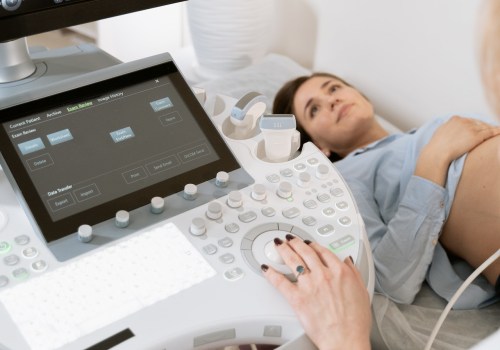Holistic health school can take between six months and four years, depending on your approach, and usually results in a diploma, certificate, or degree. You can start with general training in holistic health and then choose a specialty. Depending on your approach and program choice, your holistic health training can take as little as a year or more than four years. Most programs offer a diploma or certificate.
Some offer a bachelor's degree in holistic nutrition, natural health, or natural health studies. Explore the professional requirements to become a holistic doctor. Learn about education requirements, certification options, and salary information relevant to this field. A holistic physician diagnoses and treats patients by incorporating both conventional Western medicine and natural healing concepts into their practice.
They may work as generalists or specialize in a specific area of the medical field, such as oncology or internal medicine. In many cases, they see patients together with health professionals who specialize in conventional medicine, such as nurses, as well as non-traditional care providers, such as acupuncturists or chiropractors. Read the table below to learn more about this race. Holistic medicine weaves traditional Western medicine with alternative natural healing modalities and a whole-patient perspective on health.
A holistic doctor, or holistic physician, allows the patient to have autonomy over their own health and believes that the body is capable of healing itself under the right conditions. Conditions that cause illness are more important to a holistic doctor than symptoms alone. A doctor of medicine (M, D. As an aspiring holistic doctor, you'll start on the same career path as a conventional doctor.
You could study medicine during your first four years of college to prepare for medical school. Volunteering at a hospital or clinic can familiarize you with the healthcare field. After earning your bachelor's degree, you'll need to attend medical school for four years, according to the U.S. UU.
You will be required to take the Medical School Admission Test (MCAT) to be accepted. During the first two years of medical school, you will study the natural sciences, ethics, psychology and the laws that govern medicine. You will work in a hospital or clinic for the second two years, practicing under the guidance of a doctor. After medical school, you'll start a residency.
You can gain the integrative medicine experience you'll need to get certified through an elective rotation or specialized residency program. An integrative medicine elective rotation in the final year of graduate school or during your residency would give you a knowledge base of integrative medicine and a focus within integrative medicine. A residency program with an emphasis on integrative medicine could incorporate stress management and coping strategies into a holistic wellness curriculum. To practice as a doctor, you will first need to obtain a license.
For M, D, s, this means passing the U, S. If you are an osteopathic doctor, you will need to pass the comprehensive osteopathic medical license exam. The American Board of Integrative Holistic Medicine assigns standards for physicians who have knowledge of holistic medicine. If you choose to take the ABIHM certification exam, you would be listed on their website as an integrative holistic doctor.
By earning board certification, let patients and other medical professionals know that you have a strong knowledge base in integrative holistic medicine. There are many jobs available for doctors with a wide range of specializations. If you're interested in holistic health, you could also consider a career as a psychiatrist. They treat patients with psychological disorders, so their work often integrates concepts of physical and mental health.
To become a psychiatrist, you would need to earn a medical degree and complete a psychiatry residency. Alternatively, if you are interested in studying innovative medical treatment options, you may want to consider a career as a medical scientist. You may have the opportunity to pursue your research interests in the field of holistic health in a laboratory setting at a university, academic medical center, or research institution. For superior work in the field, you need to have a PhD, D.
A workout alone can do a lot. As a holistic health professional, you should create a routine that encompasses yoga, cardio, strength training, and other therapeutic activities tailored to your client's requirements. Acupuncture, Naturopathy, and Other Forms of Alternative Medicine Take a Comprehensive Approach to Healing. Professionals focus on the root cause of the disease, addressing imbalances caused by poor diet, lack of sleep and emotional factors.
Some specialize in nutrition therapy or massage, while others use natural remedies to prevent and treat diseases. . .



